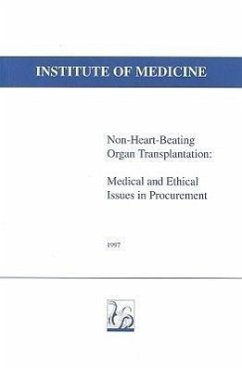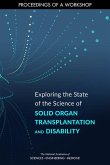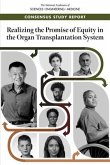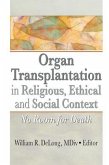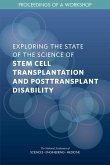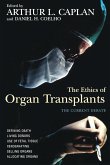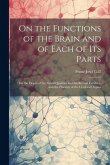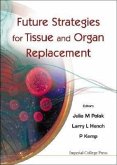Non-heart-beating donors (individuals whose deaths result from a cardiopulmonary cause) could potentially be of major importance in reducing the gap between the demand for and available supply of organs for transplantation. Prompted by questions concerning the medical management of such donors -- specifically, whether interventions undertaken to enhance the supply and quality of potentially transplantable organs (i.e., the use of anticoagulants and vasodilators) were in the best interests of donor patients or were instead hastening their deaths -- the U.S. Department of Health and Human Services asked the Institute of Medicine to examine from scientific and ethical points of view "alternative medical approaches that can be used to maximize the availability of organs from (a) donor (in an end-of-life situation) without violating prevailing ethical norms...". This book examines transplantation supply and demand, historical and modern conceptions of non-heart-beating donors, and organ procurement organization and transplant program policies and contains recommendations concerning the principles and ethical issues surrounding the topic.
Bitte wählen Sie Ihr Anliegen aus.
Rechnungen
Retourenschein anfordern
Bestellstatus
Storno

